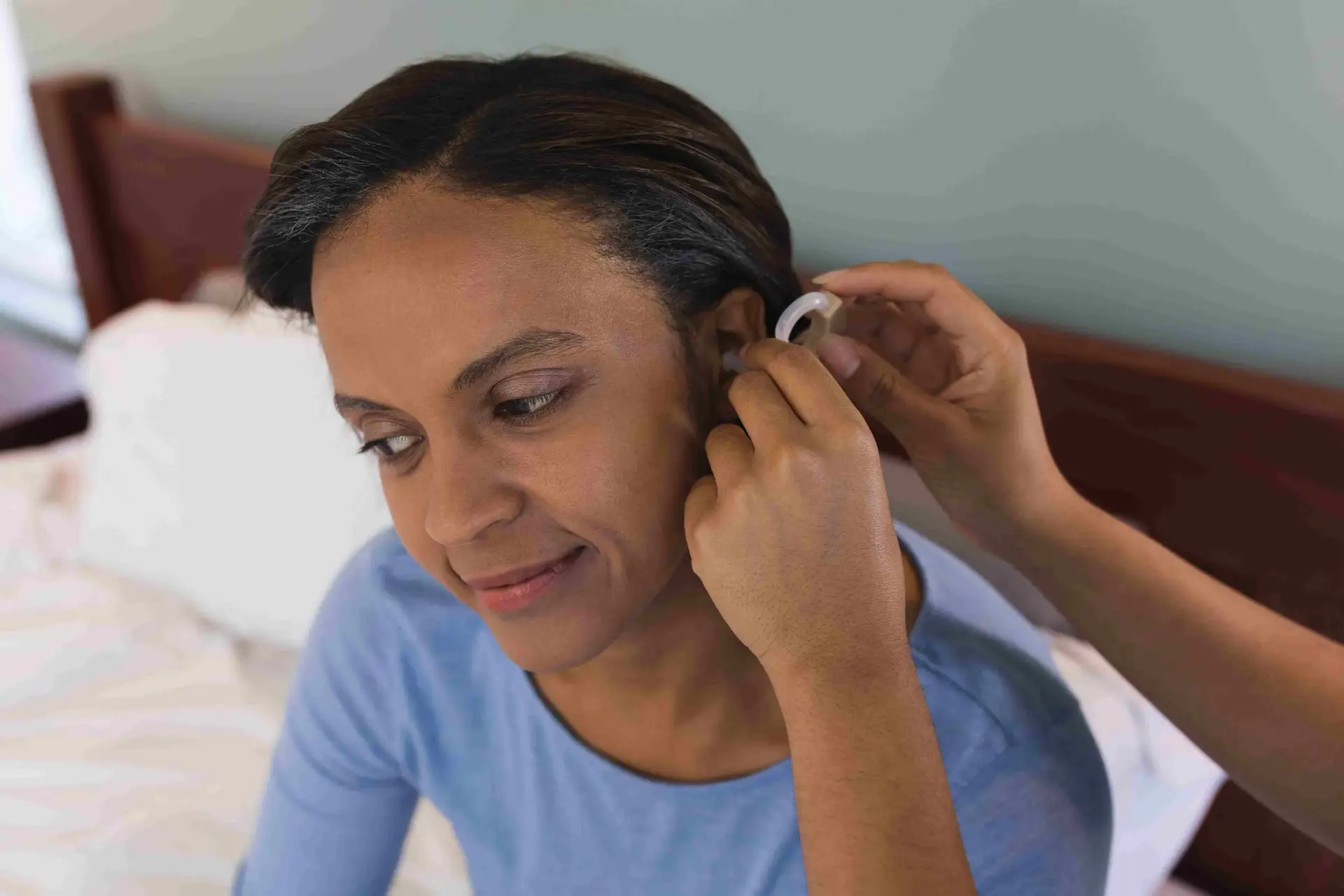The thought of wearing hearing aids can be a scary prospect, especially if you’re younger than the average hearing aids wearer. However, the prospect of not being able to hear things clearly or interact with friends and family without major issues is far worse. So, if you are an individual that could benefit from wearing hearing aids, it’s imperative that you start wearing them now.
But how can you know whether it’s time to consider hearing aids? Here’s all you need to know.
One of America’s biggest health problems
Hearing loss is one of America’s biggest health issues right now. Over 48 million citizens have significant hearing loss with millions more at risk of encountering future problems. Moreover, it doesn’t only impact the elderly, as up to 15 percent of children suffer from hearing loss in at least one ear.
Despite the widespread nature of the problem, millions of people suffer in silence. Unfortunately, when left untreated, hearing loss can have a truly negative impact on your life; it can lead to increased danger in a range of situations, encourage you to avoid social interactions and even increase the likelihood of dementia.
So, if you have hearing loss, it’s vital that you get it seen to by a professional audiologist like those here at Adirondack Audiology.
The four stages of hearing loss
Whether your hearing is perfect or severely damaged, everyone has a unique hearing profile. Before finding a suitable treatment for hearing loss, the audiologist will want to determine the level of hearing loss.
If your hearing has been damaged, then, it will fall into one of the four categories:
- Mild hearing loss: The individual struggles to hear soft sounds. So, while they can still follow one-on-one conversations, detecting sounds in noisy environments can be tough. Talking with children and women may prove to be difficult too.
- Moderate hearing loss: The individual struggles with sounds below 40-75dB. This can add difficulties to normal conversations while doorbells and other sounds are also regularly missed due to the lost hearing.
- Severe hearing loss: The individual will struggle with conversations and will also fail to detect which directions sounds are coming from. Loud, low pitched sounds may be heard, but severe hearing loss will still feel very restrictive.
- Profound hearing loss: The individual cannot hear sounds that are softer than about 100dB. This has a huge impact on daily life and can feel close to complete deafness, especially during conversations.
Hearing aids can be used to treat all four levels of hearing loss, although individuals suffering from mild and moderate hearing loss are most likely to feel those benefits. When treating severe and profound hearing loss, implants and alternative treatments may be deemed more appropriate.
In truth, hearing aids are often used in conjunction with ALDs and other devices aimed at making daily life a little easier. This is why speaking to the audiologist is always the best solution.
Symptoms that you have hearing loss
If you’re still trying to determine whether or not you have hearing loss, it’s imperative thatt you recognize the most common symptoms. Hearing loss can continue to deteriorate with time, which means you should visit an audiologist if you notice any of the following 10 issues:
- Asking people to repeat themselves regularly
- Consciously avoiding noisy places
- Struggling to communicate with women and children
- Turning up the TV to a higher setting than before
- Missing phone calls, alarms or doorbells
- Struggling to keep up with group conversations
- Finding that you are tired after being in public places
- Struggling to hear people on the telephone or when you can’t see them
- Seeing emergency vehicles before you hear them
- Friends and family have joked about your hearing
When those issues occur on a one-off basis, it’s probably nothing to worry about. Likewise, there are many other reasons why you may be having temporary difficulties, such as infections or side effects from medication.
Still, if you’ve noticed the issues on a regular basis, it’s vital to get checked out. It’s better to be safe than sorry.
So, what next?
If you noticed any of the signs that hearing aids may be required, your next step is to book an appointment with an experienced audiologist who cares.
Adirondack Audiology puts your hearing health in safe hands. From hearing tests and examinations to hearing aid fittings, our audiologists will do all they can to make the transition as smooth as possible, ensuring that you can enjoy the rest of your life with the clarity you deserve.
Give us a call today at +1 (802) 922-9545 to find out how we can help you hear better.









